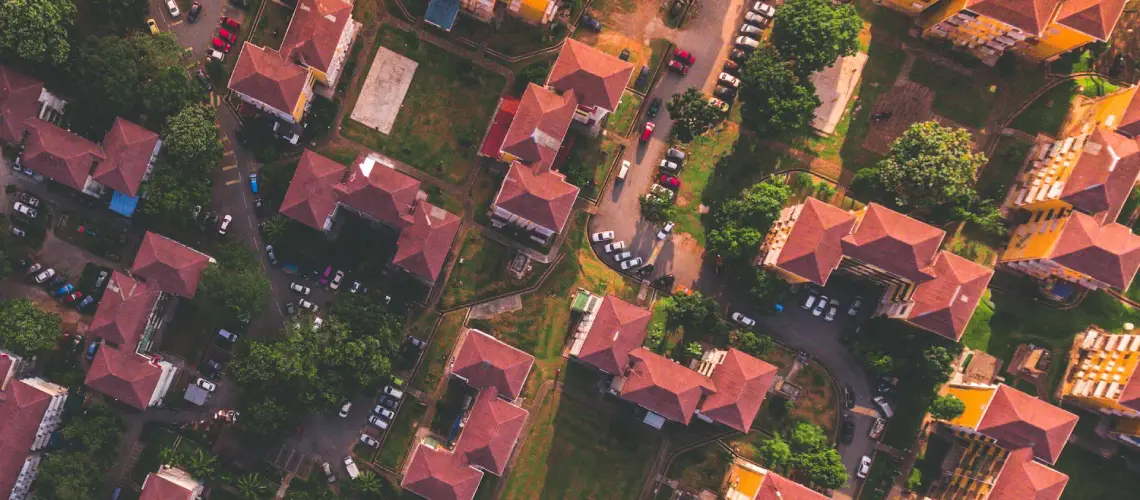Whether you’re selling a heritage home in Norwood, refinancing a modern unit in Glenelg, or managing an estate in Burnside — an accurate, certified property valuation Adelaide ensures you’re working with real numbers that hold up under legal, financial, and regulatory scrutiny.
This guide breaks down how valuations work in South Australia, why they’re important, and when to engage a professional valuer to protect your property interests.
What Is a Property Valuation?
A property valuation is a formal report that determines a property’s market value at a specific point in time. It’s completed by a qualified property valuer — not a real estate agent — and is recognised by:
- Banks and mortgage lenders
- Family law courts and solicitors
- The Australian Taxation Office (ATO)
- Executors managing deceased estates
- Insurance providers and financial advisers
In Adelaide, property valuers must be accredited as Certified Practising Valuers (CPV) via the Australian Property Institute (API) or certified by the Royal Institution of Chartered Surveyors (RICS).
When Should You Get a Property Valuation in Adelaide?
| Scenario | Why You Need It |
| Refinancing your mortgage | Banks need formal values to assess risk |
| Selling or buying off-market | Get an accurate, independent price point |
| Dividing property in divorce | Courts require an impartial valuation |
| Deceased estate management | Helps executors and beneficiaries distribute assets fairly |
| Capital Gains Tax (CGT) | Determines tax liability at the point of sale |
| SMSF property audit | Keeps your super fund compliant with ATO rules |
| Insurance coverage review | Ensures correct rebuild value for protection |
Why Adelaide-Specific Valuation Matters
Suburb Variation
Adelaide’s property prices vary significantly between locations like Prospect, Semaphore, and Unley. Valuers with local knowledge understand the difference between council zoning rules, planning overlays, and buyer demand across metro Adelaide.
Zoning and Planning Impacts
Suburbs near rezoning corridors — such as around the O-Bahn, city tram extensions, or urban infill zones — may see future uplift. A local property valuation in Adelaide takes all this into account.
Character Housing and Heritage
Many older Adelaide homes fall under heritage or character conservation areas. These impact property use and development potential, and a certified valuer will know how to assess these factors properly.
What Happens During the Valuation Process?
Step 1: Instruction
You or your adviser (e.g. solicitor, broker, accountant) briefs the valuer on:
- The property address
- The purpose of the valuation (finance, legal, CGT, etc.)
- Access details and timeframes
Step 2: Property Inspection
The valuer inspects:
- Land size, orientation, and zoning
- Building layout, materials, and condition
- Renovations and improvements
- External features (garage, pool, garden)
- Proximity to services, schools, and transport
Step 3: Market Analysis
Using recent sales data in the same suburb, the valuer compares:
- Comparable properties in the same condition
- Market movement in the local area
- Zoning impacts and council development activity
- Demand for property type (e.g., units, heritage homes)
Step 4: Final Valuation Report
You’ll receive a detailed, legally recognised report including:
- Property description and inspection summary
- Valuation method used (e.g., direct comparison, summation)
- Comparable sales and market commentary
- Final assessed market value
- Supporting photos, maps, and certificates (if applicable)
Turnaround time: 2–5 business days for residential properties.
Common Valuation Methods
| Method | Best For |
| Direct Comparison | Residential homes and units |
| Summation | Unique, character, or heritage homes |
| Capitalisation of Income | Rental or investment properties |
| Retrospective Valuation | Used for CGT, probate, and family law cases |
How Much Does a Property Valuation Cost in Adelaide?
| Property Type | Typical Fee (AUD) |
| Standard residential property | $400–$700 |
| Prestige, heritage, or acreage | $800–$1,500 |
| Commercial property | From $1,200 |
| Retrospective valuation | $600–$1,200+ |
Some banks may cover this cost when arranging refinancing — check before engaging a private valuer.
Choosing the Right Adelaide Property Valuer
- Accredited by API or RICS
- Familiar with Adelaide’s council zones and overlays
- Specialises in the type of property you own (residential, commercial, rural)
- Provides fixed-fee quotes and fast turnaround
- Has experience with legal, tax, and SMSF valuations
Conclusion
A certified property valuation in Adelaide gives you more than just a number — it provides confidence, compliance, and clarity. Whether you’re preparing to sell, dividing assets, managing an estate, or planning your future, working with a local, experienced valuer ensures your decisions are informed and defensible.
Don’t rely on guesswork — get your property professionally valued by an Adelaide expert.
